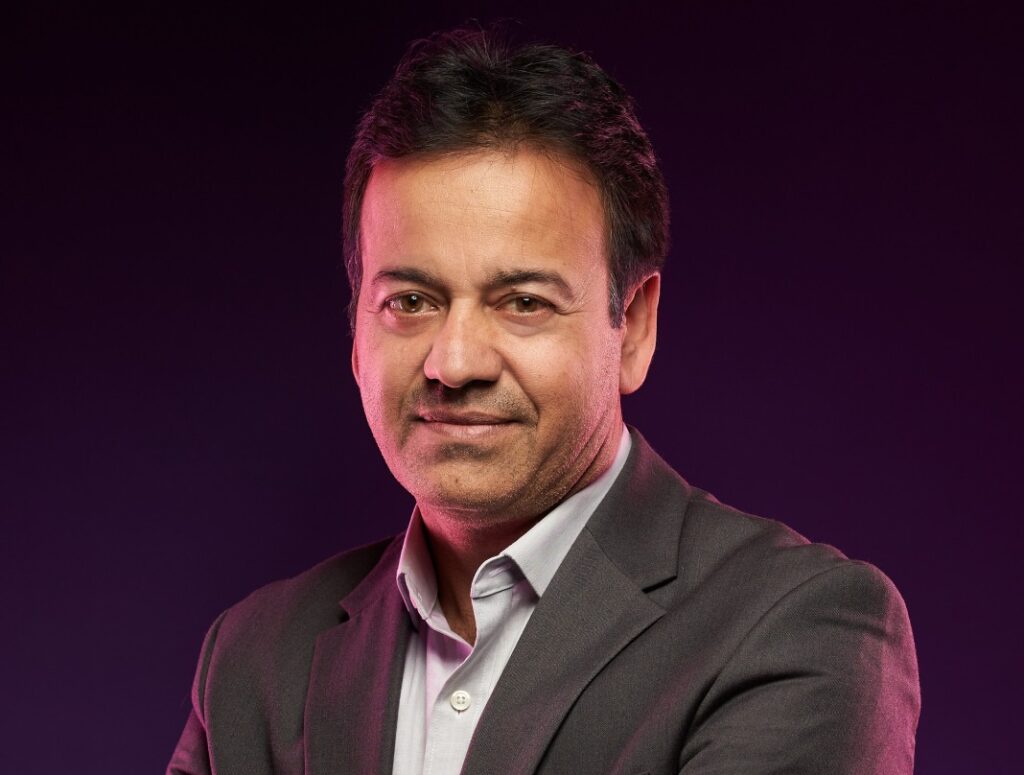It’s particularly gratifying to head the finance team of a biotech company researching treatments and even preventative measures for a wide swath of diseases, according to AJ Bergmann, CFO of San Diego-based Capricor Therapeutics. But the pressure is not for the faint of heart.
Bergmann spoke with StrategicCFO360 about the challenges of leading finance in the healthcare field today, the most important moves finance chiefs can make and why it’s critical to focus on data.
When did you first enter the biotech arena and what experiences led you to your role at Capricor today?
I first joined Capricor in 2011 while completing my MBA at night and have held multiple positions throughout my tenure, which included director and vice president before becoming chief financial officer in 2018. We took Capricor public in 2013 and being a part of this process is something I am very proud of.
As a financial leader in any environment, CFOs must be dynamic, ensuring that you are focused on analyzing and identifying business metrics that enable you and your team to make the best decisions for your organization. I found this to be parallel with the fast paced and ever-evolving nature of the healthcare industry, making the environment extremely compelling from a financial perspective.
What are the biggest challenges facing CFOs today, particularly in the healthcare space?
Following the recent pandemic years, it’s no secret that there is a clear and growing spotlight on the healthcare industry at large—from small startups to large pharma operations, there has never been a more prominent focus on healthcare leadership, especially from the C-Suite level.
With this significance brings immense responsibility and demand from stakeholders. For biotech CFOs today, it’s vital to implement strategic and thoughtful initiatives throughout the organization. These initiatives not only touch on the capital and finance side, but also overlap with corporate strategy and business development. In the end, we are focused on executing on the mission of the company and, most importantly, to improve the end result for patients in need.
Given the current spotlight on the biotech industry, how are you leading Capricor during this time? What strategic initiatives/advantageous deals have you overseen?
At Capricor, I lead operations for the finance team and oversee business and strategic developments for the company as it continues its transformative period of expansion. In January 2022, Capricor announced an exclusive distribution agreement with Nippon Shinyaku (U.S. subsidiary: NS Pharma) for the commercialization of Capricor’s lead asset, CAP-1002, for the treatment of Duchenne muscular dystrophy in the U.S. Capricor received an upfront payment of $30 million and the deal includes additional milestone payments of up to $705 million, plus a revenue share of the product, if approved.
This joint effort and pivotal company milestone provide Capricor a unique opportunity to create a potentially transformative program for DMD. For background, DMD is a rare and serious genetic disease affecting primarily boys worldwide. As the most severe form of muscular dystrophy, one in 3,500 infants worldwide is diagnosed with DMD annually, impairing all muscles within the body and leading to life-threatening side effects. Most children diagnosed with DMD do not live past their mid-twenties. Capricor is focused on providing monumental breakthroughs in the treatment space for the thousands of young boys who are suffering worldwide.
In leading the efforts to finalize this partnership, as a CFO, it was important for me to keep the company’s mission in mind and match us with a synergistic partner to help foster our ongoing efforts in bringing advanced treatments for DMD patients in need.
What advice would you share with current CFOs, as well as the next generation of leaders?
It’s key for us to remain adaptive and open to innovative, out-of-the-box solutions to the problems we see facing our specific industries. In order to achieve superior performance, financial leaders must employ models that allow for the emergence of new information and data. Furthermore, while there are an infinite number of variables, having foresight allows for an organization to better understand how its respective industry works and empowers the company to make informed decisions that prove to be both profitable and competitive.








